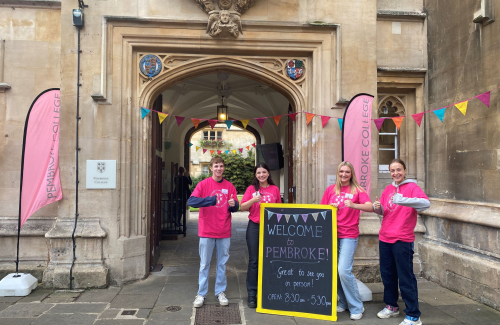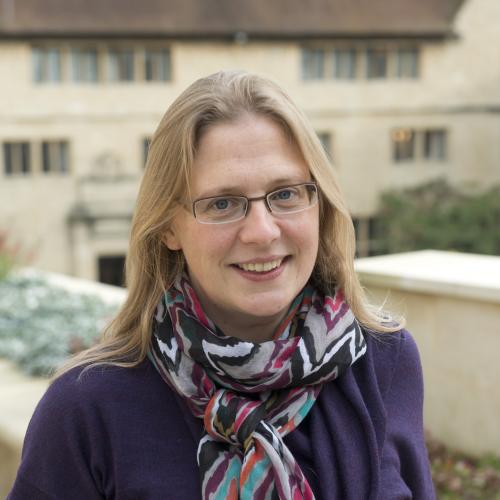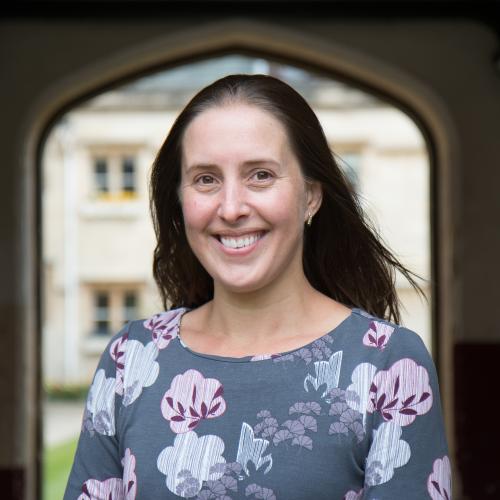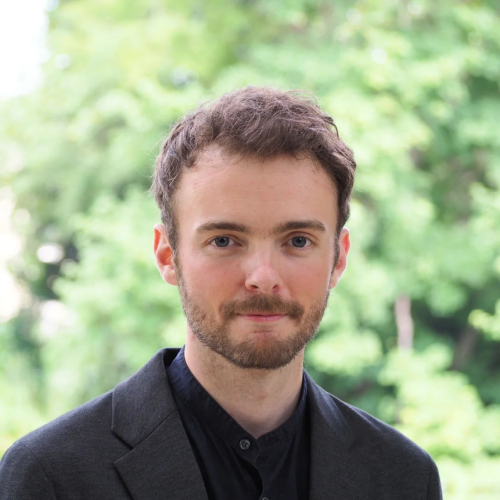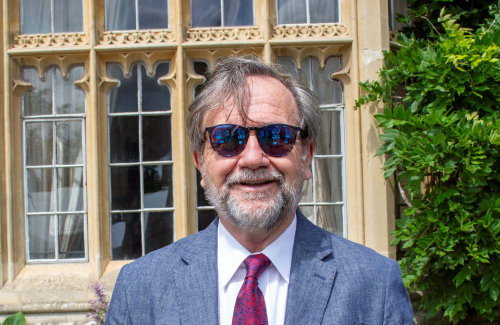Experimental Psychology
Why Choose Pembroke?
Experimental Psychology at Pembroke is led by Professor Hannah Smithson whose research focuses on the neural mechanisms that underlie perception. Our other main Psychology Tutor is Dr Rebekah White, whose research interests lie in the field of Cognitive Psychology, and who is also the College’s welfare and wellbeing co-ordinator.
During term, the whole psychology community meets once a week for lunch. We also have regular research evenings where finalists, graduate students, tutors, and guest speakers present their research.
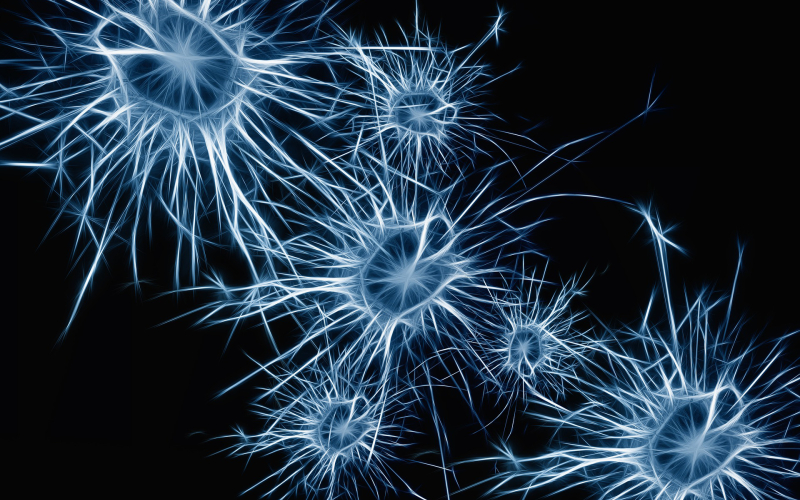
Have you considered our joint honours courses?
We also offer Psychology as part of a joint degree with Philosophy and Linguistics (PPL)
Students can elect to graduate after three years with a BA degree. Alternatively, they can decide to remain for an optional fourth year composed of a research-intensive, clinically-focused or translation-focused extended project. Students who complete the fourth year will graduate with a Master’s degree in Experimental Psychology.
Meet Our Academics
Experimental Psychology
Why Choose Pembroke?
Experimental Psychology at Pembroke is led by Professor Hannah Smithson whose research focuses on the neural mechanisms that underlie perception. Our other main Psychology Tutor is Dr Rebekah White, whose research interests lie in the field of Cognitive Psychology, and who is also the College’s welfare and wellbeing co-ordinator.
During term, the whole psychology community meets once a week for lunch. We also have regular research evenings where finalists, graduate students, tutors, and guest speakers present their research.

Have you considered our joint honours courses?
We also offer Psychology as part of a joint degree with Philosophy and Linguistics (PPL)
Students can elect to graduate after three years with a BA degree. Alternatively, they can decide to remain for an optional fourth year composed of a research-intensive, clinically-focused or translation-focused extended project. Students who complete the fourth year will graduate with a Master’s degree in Experimental Psychology.
